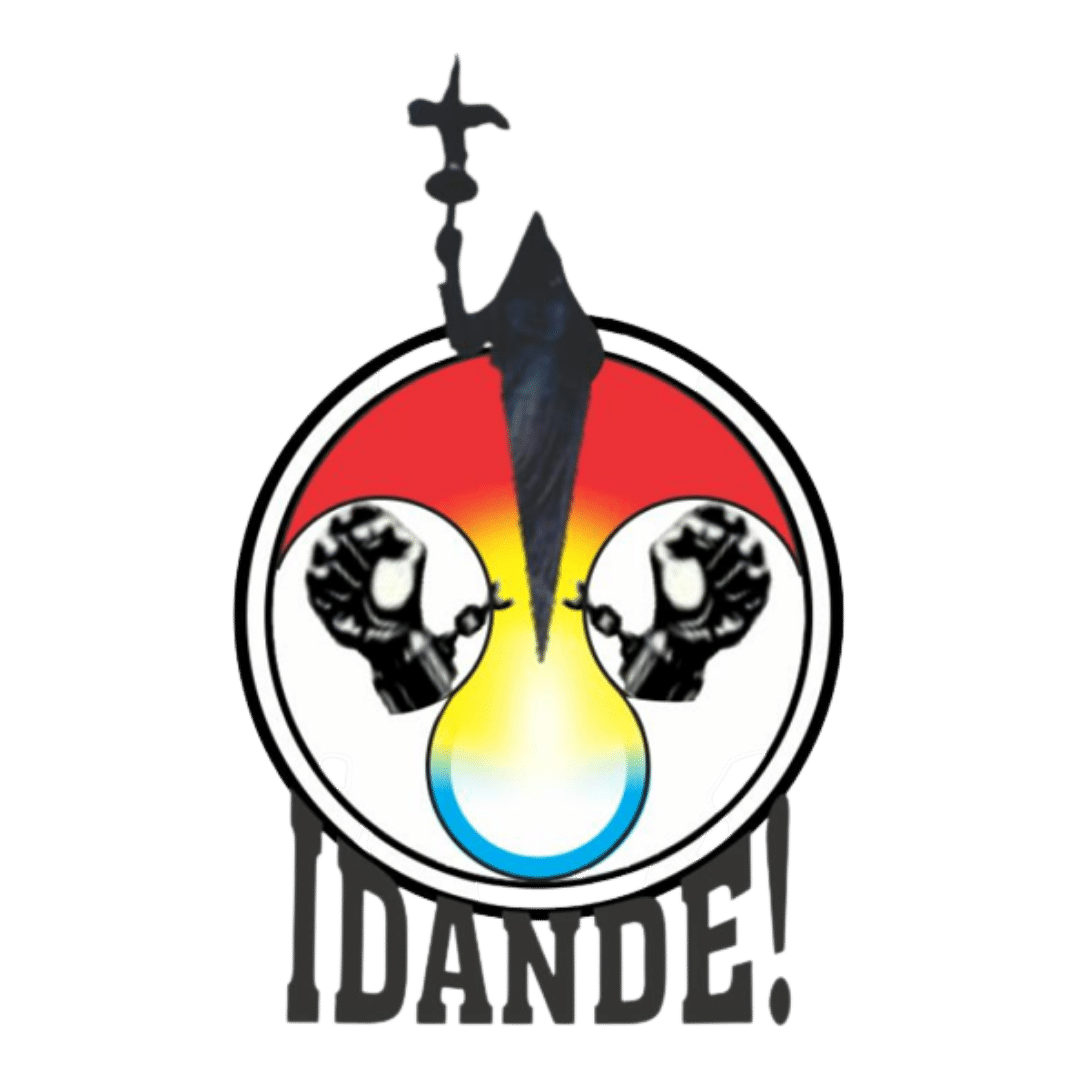The Yoruba people have a global presence that spans across continents. Known for their rich cultural heritage, resilience, and adaptability, the Yoruba's influence can be felt in various corners of the world.
The Yoruba people primarily inhabit southwestern Nigeria, where they have a long and storied history. However, their diaspora has taken them far beyond the borders of Nigeria.
In the Americas, particularly in countries like Brazil, Cuba, Trinidad and Tobago, and other parts of the Caribbean, the Yoruba culture and religion, known as "Yoruba religion" or "Santeria," have left an indelible mark. Enslaved Yoruba people brought their traditions, beliefs, and customs with them, which have since fused with local cultures to create a unique blend of spirituality and culture.
In Europe, the Yoruba diaspora has also flourished. The United Kingdom, for instance, has a significant Yoruba community that has made valuable contributions to British society in various fields.
Yoruba language, one of Nigeria's major languages, has transcended borders, with Yoruba-speaking communities found in countries across the globe. This linguistic diversity is a testament to the Yoruba people's adaptability and their ability to thrive in different environments. Whether it's in the rhythms of Afrobeat music, the flavors of Nigerian cuisine, or the vibrant colors of traditional Yoruba clothing, the Yoruba's influence is indeed everywhere. Their cultural legacy continues to enrich the tapestry of our global community, reminding us of the interconnectedness of the world's diverse cultures.
Nigeria southwestern states
Ogun State
Created on February 3, 1976, during the military regime of General Murtala Ramat Mohammed. It was carved out of the old Western State. Named after the Ogun River, it is known for its historical significance, being home to several Yoruba towns, including Abeokuta, the state capital.
Oyo State
Oyo State was formed on February 3, 1976, during the same administrative restructuring that created Ogun State. It is named after the ancient Oyo Empire and has its capital in Ibadan, one of the largest cities in Africa.
Osun State
Osun State was carved out of Oyo State on August 27, 1991, during the administration of General Ibrahim Babangida. Named after the Osun River and known for its rich cultural heritage, it hosts the annual Osun-Osogbo Festival.
Lagos State
Lagos State was created on May 27, 1967, during the military regime of General Yakubu Gowon. It was previously part of the old Western Region. Lagos, the state capital, is Nigeria's commercial and economic hub.
Ondo State
Ondo State was created on February 3, 1976, along with Ogun State, from the old Western State. It is known for its diverse landscapes, including lush forests and coastal areas.
Kwara State
Kwara State was created on May 27, 1967, and it was originally part of the Northern Region. Although not predominantly Yoruba, it has a significant Yoruba population, particularly in the northern and central parts.
Kogi State
Kogi State was created on August 27, 1991, during the administration of General Ibrahim Babangida. It was carved out of Kwara and Benue States. It has a diverse population, including Yoruba-speaking communities in the western part of the state.
Ekiti State
Ekiti State was created on October 1, 1996, during the regime of General Sani Abacha. It was carved out of Ondo State. The state is known for its educational excellence and cultural heritage
